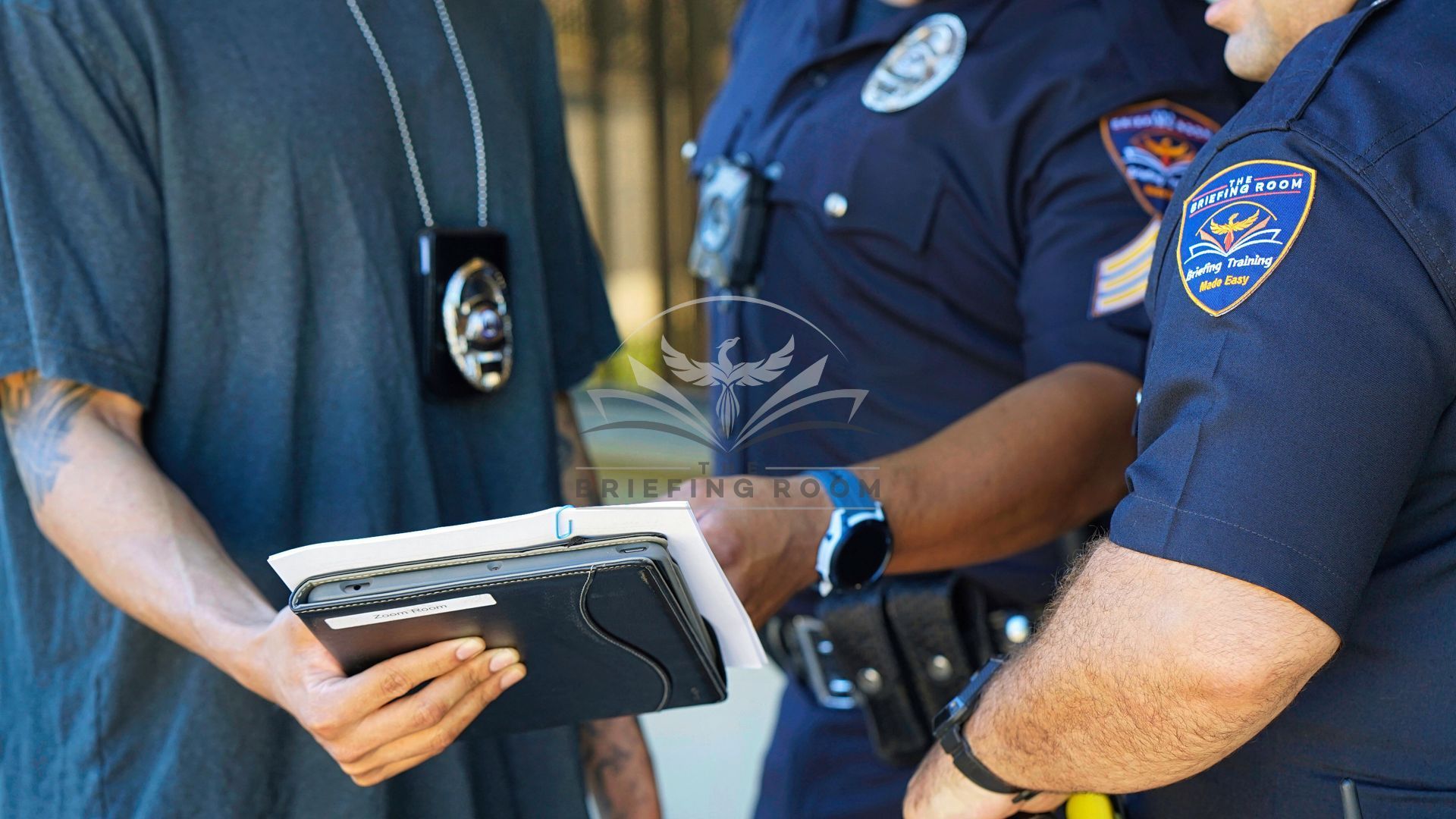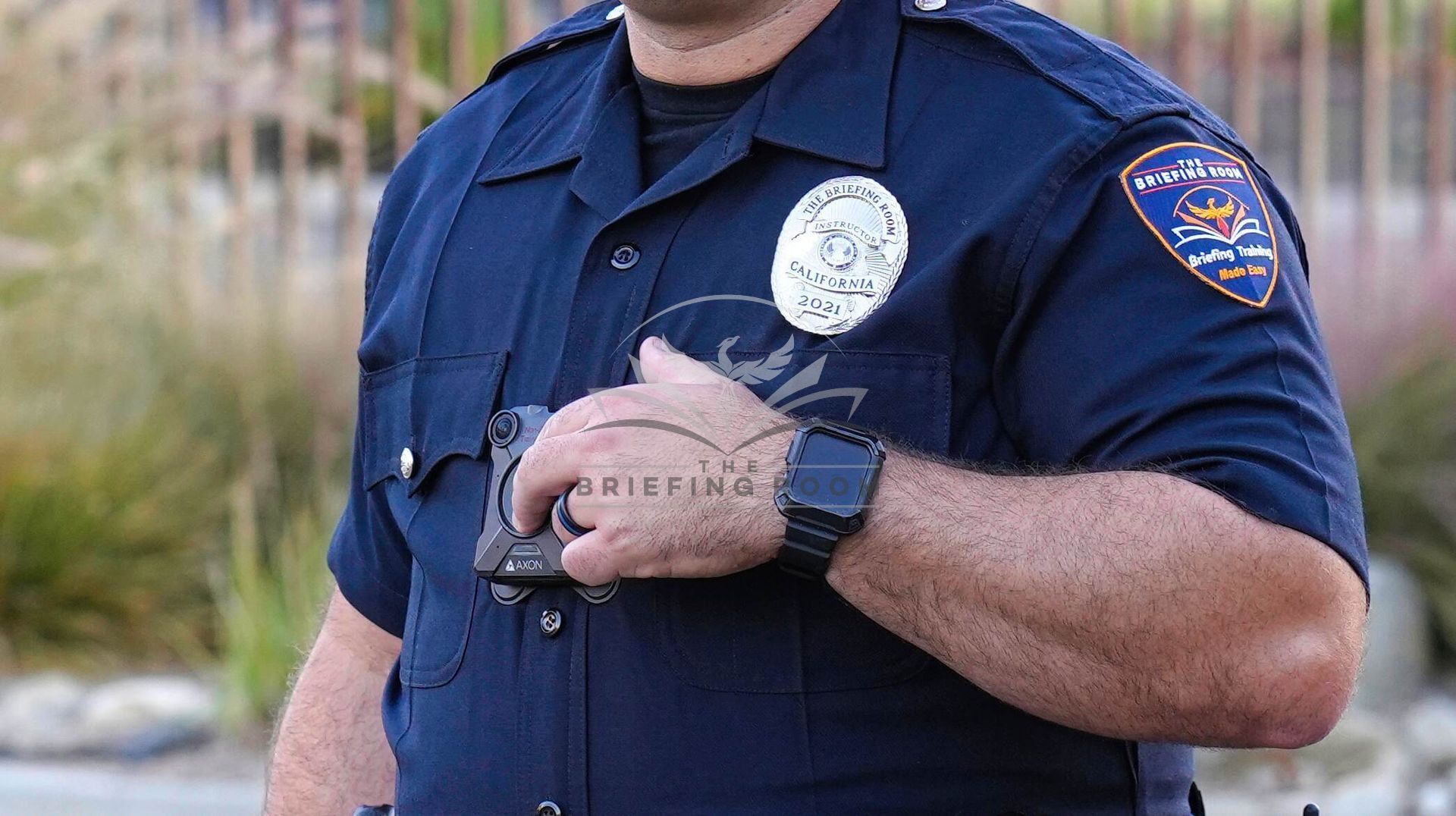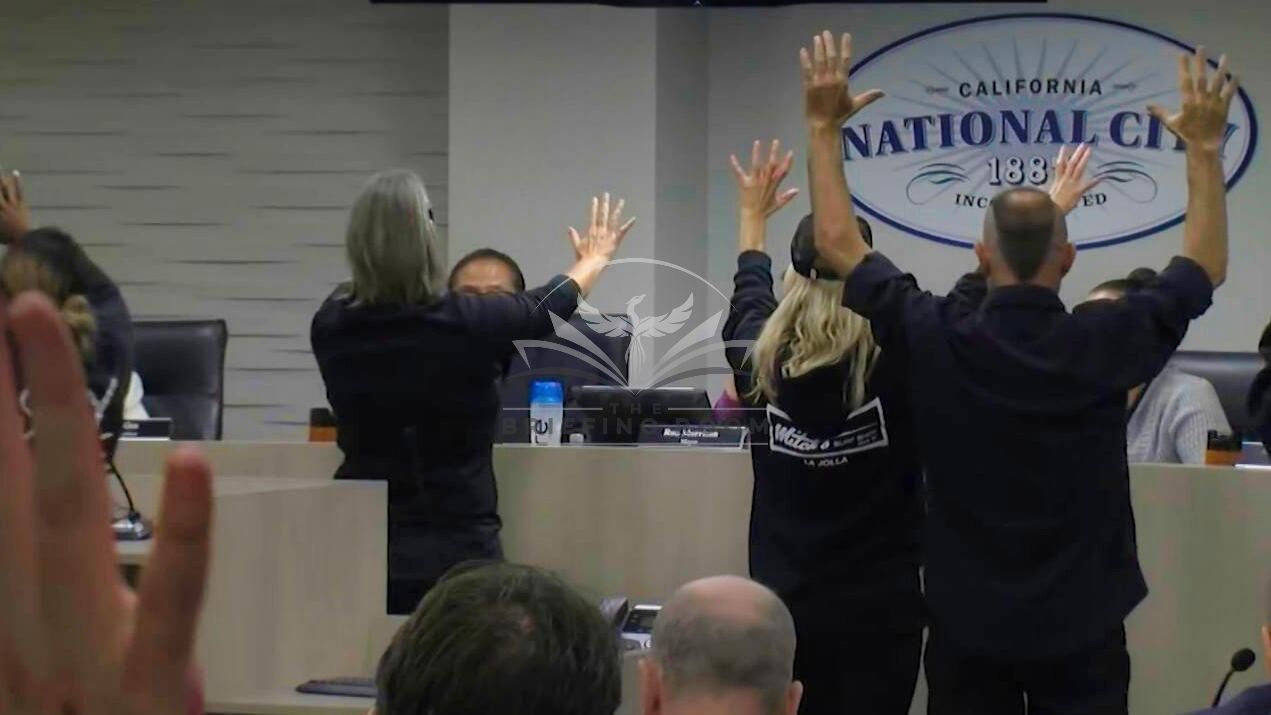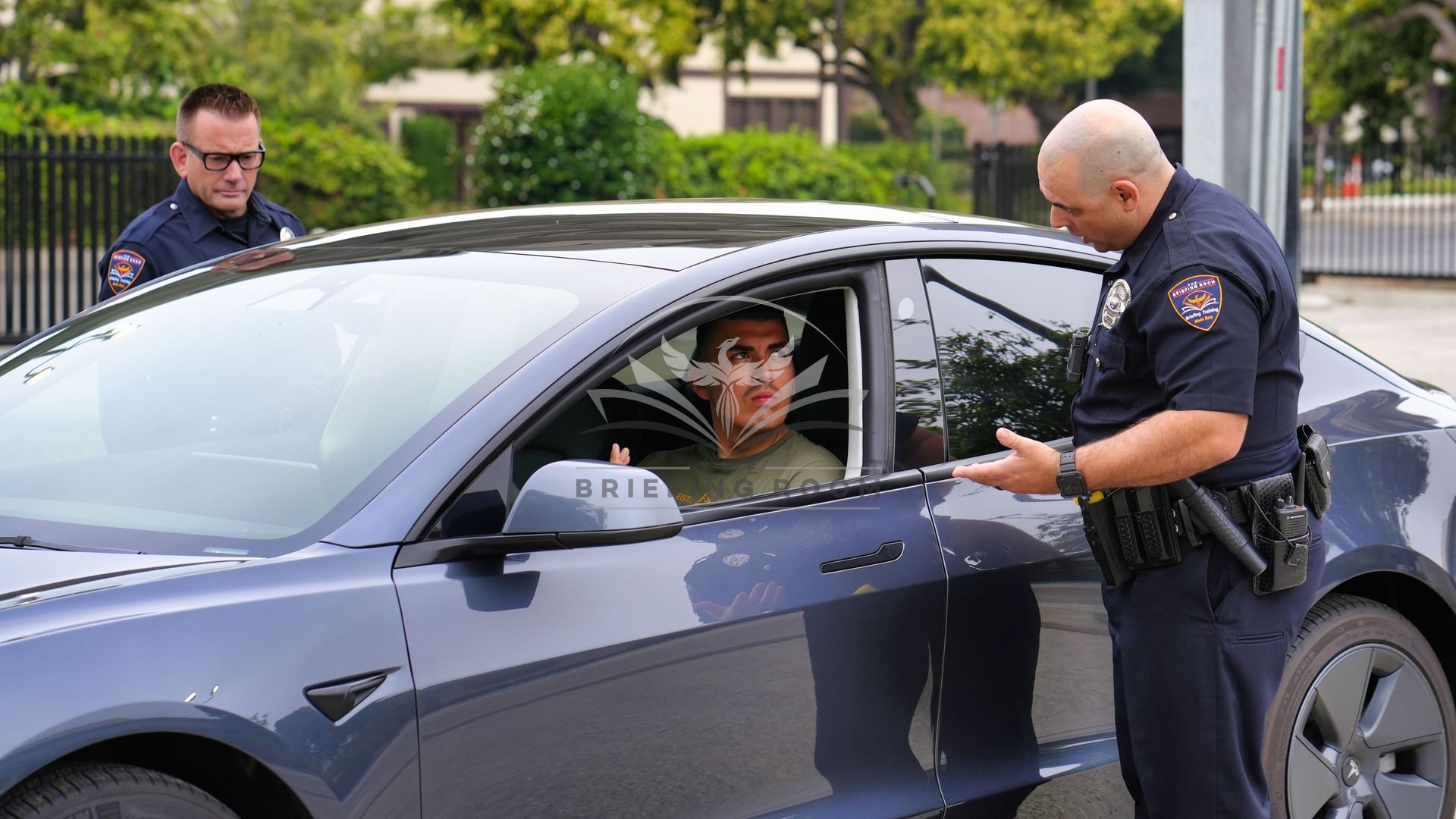Is Verbal Authorization From a Judge Enough to Search a Second Location?

This post is only offered as a discussion topic and does not represent legal advice. Officers must refer to the laws in their own State as well as their agency
Consider this Scenario: Officers obtained a valid search warrant for a motel room. After the warrant was signed by the judge, they decided they wanted to search the suspect’s home. The Police Officer called the judge, who verbally authorized a search of the second location. The officers didn’t physically amend the warrant.
Question: Is the oral authorization from the judge, without physically amending the warrant, sufficient to allow the search of the second location?
Here’s what the 9th Circuit said on August 30, 2022:
"While a judge had orally approved the search of the home, the text of the Fourth Amendment still requires the warrant to specify the place to be searched."
"...it was not clearly established at the time that the search would violate the Fourth Amendment. An officer could have believed- based on the lack of direct case law at the time- that he or she could search the home because the court had orally approved the search, even if the officer failed to make that change on the warrant."
"Here, (the officers’) conduct violated a Fourth Amendment right that was not clearly established at the time of the violation."
Qualified immunity was granted because no case law covered this issue at the time. Moving forward, officers must know to physically amend the warrant themselves before serving it, even if a judge verbally authorizes expanding the search scope. Personally, I would just ask the judge to sign an updated warrant.
The Briefing Room has a short training video available on this exact scenario so agency supervisors can easily train every officer in your agency on this essential topic.
www.TheBriefingRoom.com
90-Second Training Videos Your Supervisors Use During Briefing or Roll Call To Develop High-Performing Teams of Officers.
✅ Lower Liability
✅ Retain Officers
✅ Build Community Support
🌟 Produced Exclusively by Active-Duty Law Enforcement Instructors 🌟



© 2024 THE BRIEFING ROOM
Site Design by Solmark Creative | Development by Adam Wills Marketing
